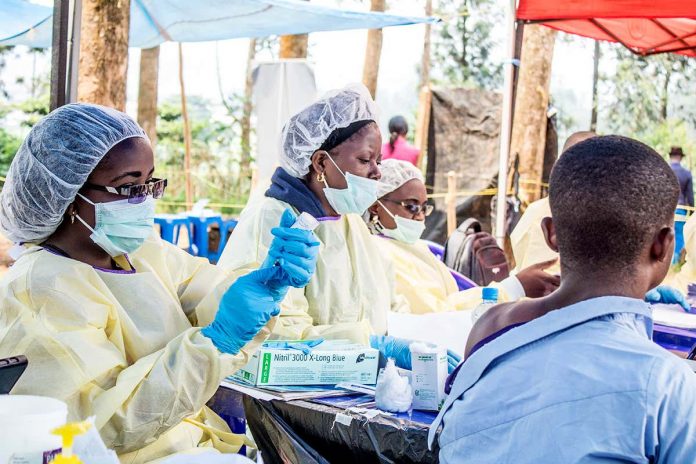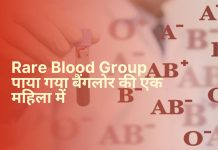
JC Wenga/Anadolu Agency via Getty
The Democratic Republic of the Congo (DRC) has declared an official end to its 11th Ebola outbreak nearly six months after it began, marking the first time in years the vast central African country has been free of the deadly haemorrhagic fever.
Eteni Longondo, the DRC’s minister of health, and the World Health Organization (WHO) made the announcement on 18 November after no new cases of the viral disease had been recorded in the country’s western Équateur province for 42 days, or the time of two maximum incubation periods for Ebola. In this outbreak, there were 55 deaths and 75 people who had recovered out of 119 confirmed and 11 probable cases.
The outbreak, which was announced on 1 June, surfaced shortly before the DRC called an end to a separate Ebola epidemic – hundreds of miles away in the east of the country – that killed 2280 people over nearly two years. Genetic sequencing showed that the two virus strains were unrelated.
Advertisement
The latest outbreak stretched vast distances across dense rainforests and remote waterways as well as busy urban areas. It was halted thanks to “cold chain” vaccine storage technology and community-based health workers who vaccinated 40,000 people deemed at high risk of contracting the disease, according to experts.
“The geography was very difficult in terms of accessibility,” says Ngoy Nsenga at the WHO. “It required serious logistics, and so this ultracold-chain technology was very important.”
Known as the Arktek and originally developed by the Global Good Fund, a US-based social enterprise, the cylinder-shaped “super thermos” devices can store 500 vaccine doses at -80°C for up to a week with no external power source. This meets the cold temperature requirements of the Merck Ebola vaccine, as well as those of Pfizer and BioNTech’s new covid-19 vaccine, which bodes well for vaccination in lower-income countries with less-developed infrastructure.
“But there were so many factors in the management of the outbreak,” says Nsenga. “The DRC is gaining experience in stopping epidemics and the WHO has learned to react as quickly as we can.”
Bob Ghosn at the International Federation of Red Cross and Red Crescent Societies (IFRC) says working with local people was crucial to the success.
“Community engagement is key to stopping any outbreak,” says Ghosn, who helped deploy a team of 1000 IFRC community workers in Équateur. “We’ve got much better at it. Top-down messaging doesn’t work on its own – covid-19 has proved that.”
However, experts warn that the risk remains of another Ebola outbreak in the DRC – adding to the 11 since 1976. The disease, which can cause uncontrollable internal bleeding, is zoonotic and is believed to derive from a species of bat.
Natalie Roberts at Doctors Without Borders in France says future efforts are likely to improve with the use of monoclonal antibodies – laboratory-made molecules that can enhance the immune system.
“Due to the remote nature of this outbreak and other constraints, we weren’t able to use them as much as we wanted,” she says. “But they are very effective in the early stages of the disease.”
Sign up to our free Health Check newsletter for a round-up of all the health and fitness news you need to know, every Saturday
Article amended on
20 November 2020
We clarified the number of days for which no Ebola cases were seen in Équateur province
More on these topics:











